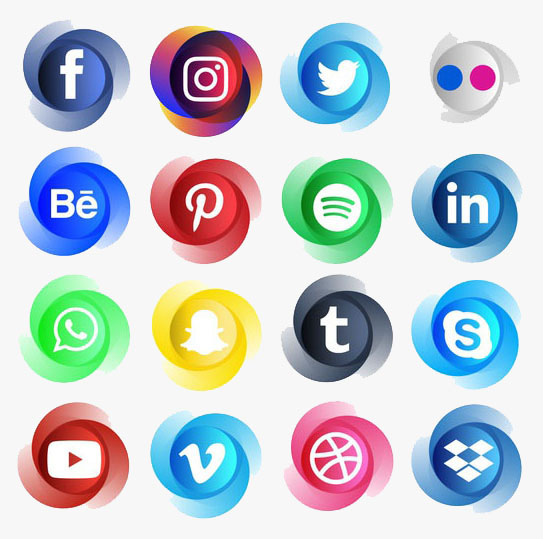Over the last few weeks, I have been unconsciously writing posts about emotional help. These includes The Enlightened Being – 8 Ways to Recognize this Being, The Power of a Book that will Change your Life and Two Questions After Death that Will Change Your Life. From comments that came with these posts, we entered a very unique discussion about using question for emotional help.
In my own NLP training and reading, I have come across the powers of using questions for emotional help and mastery. Taken in the right perspective, empowering questions can change our focus, transform our emotional state and improve our lives. It is with this source of inspiration that I presenting to you a set of empowering questions to positive change your states for emotional mastery.
I hope you will begin using these questions strategically and often to lift yourself out of emotional misery into more superior states. Emotional help is the beginning of all transformative states. When you are in empowering states, your decisions will lead to better actions.
Reflective Questions for Emotional Help
1. What I am happy about in my life right now?
2. What I am excited about in my life right now?
3. What I am proud about my life now?
4. What I am grateful about in my life now?
5. What I am enjoying most in my life now?
6. What I am committed to in my life now?
7. Who do I love? Who loves me now?
8. What have I given today?
9. How has today added to the quality of my life now?
10. How can I use today as my investment in my future?
Problem Solving Questions for Emotional Help
11. What is great about the current problem I am facing now?
12. What is not perfect yet? What can I do to move things in that direction?
13. What am I willing to do to make it the way I want it?
14. What am I willing to correct to make things happen?
15. How can I enjoy doing the necessary to reach my goals?
Family Questions for Emotional Help
16. How can I improve the lives of my family?
17. What aspects of my spouse, children, siblings, etc. do I like most?
18. How do those aspects make me a better person?
19. How can I make my family smile and laugh more?
20. How can I inspire my family to live a better life?
Soul Searching Questions for Emotional Help
21. What am I good at that will improve other people’s lives?
22. What wisdom have I gained in life so far?
23. How have I improved my capacity to give and receive love?
24. What is life asking of me in this situation?
25. Who am I in this universe?
26. What is the ideal world for you?
27. What can we do as a human race to make life better.
28. What inspires you in life?
29. How can you make a bigger contribution beyond your family circle?
30. If you are the supreme being of the universe, what and how can you change to make this world more like you?
Are there any questions here that are strikingly similar to what you are used to? Do you think these questions can be of emotional help to you? Do you have any more questions that can be added to this list for emotional help?





